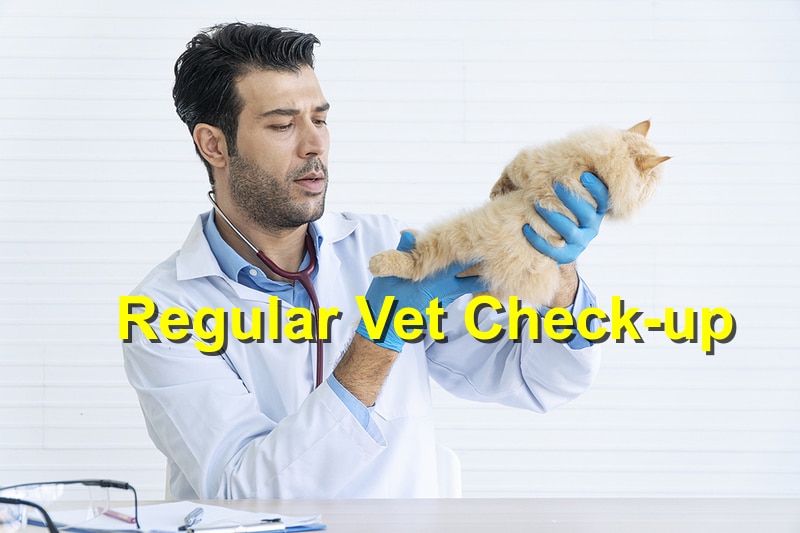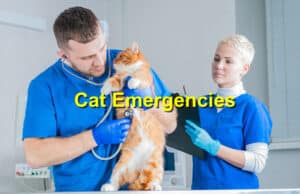Wondering what happens during a regular vet check-up that your beloved poodle requires to stay in excellent shape? Well, here is the thing; during a regular vet check-up, your vet will typically perform a thorough physical examination of your pet. And this may include checking your pet’s:
- Vital signs (such as heart rate, respiratory rate, and temperature)
- Eyes, ears, nose, and mouth
- Skin and coat
- Muscles and joints
- Abdomen
Your vet may also ask you about your pet’s diet, exercise routine, and any potential health concerns or changes in behavior you have noticed. They may recommend certain screenings or tests based on your pet’s age, breed, and overall health.
Some common screenings and tests that may be performed during a regular vet check-up include:
- Fecal exam: A fecal exam can help to identify any intestinal parasites your pet may have.
- Blood work: This can help your vet to check for any underlying health issues, such as kidney or liver problems.
- Heartworm test: This test checks for the presence of heartworm, a serious and potentially deadly parasite that can infect dogs and cats.
- Dental exam: Your vet may check your pet’s teeth and gums for signs of dental problems.
In short, the specific tests and screenings performed during a regular vet check-up will depend on your pet’s age, breed, and overall health.
The Importance of Regular Vet Check-Ups for Your Pet
Regular vet check-ups are important for the health and well-being of your pet. Some of the benefits of regular vet visits include the following:
- Early detection and prevention of health problems: Regular check-ups can help your vet to identify potential health issues early on before they become more serious. This can allow for early treatment, which can improve your pet’s chances of full recovery.
- Vaccinations: Vaccinations are a crucial part of preventative care for pets. They can protect your pet against serious and potentially deadly diseases.
- Parasite prevention and control: Regular vet visits can help to identify and treat parasites such as fleas, ticks, and worms, which can cause serious health problems for your pet.
- Nutrition and weight management: Your vet can help you to determine the right diet and feeding schedule for your pet and can help you to monitor your pet’s weight to ensure they are at a healthy level.
- Behavioral issues: If your pet is exhibiting behavioral issues, your vet can help to identify any underlying health problems that may be causing the behavior and can provide guidance on how to address the issue
In a nutshell, regular vet check-ups are essential for the ongoing health and well-being of your pet. They can help to detect and prevent health problems and can ensure that your pet is happy and healthy throughout its lifetime.
References: Purina, AltaVistaClinic




